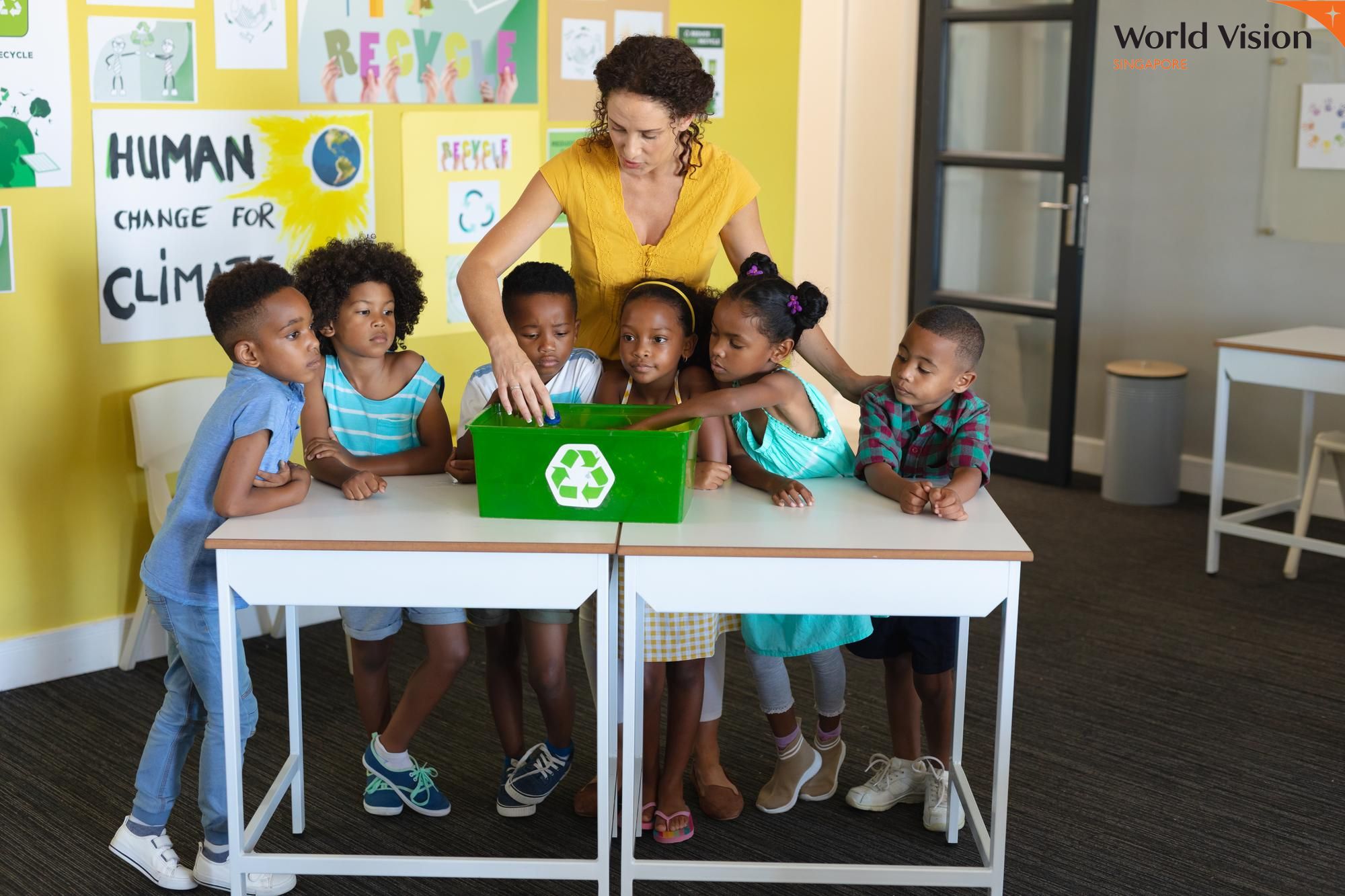The Untold Ways Charities Empower Children’s Education

Education is often hailed as the cornerstone of individual and collective progress, an essential tool that has the power to break the cycle of poverty, engender social mobility, and stimulate economic growth. However, across the globe, there exists a stark disparity in educational opportunities, particularly for children. Despite the concerted efforts of governments and international bodies, many youngsters find themselves at a disadvantage, unable to access or benefit from quality education. It is here that charities for children rise to the occasion, playing an invaluable role in shaping a brighter future.
Charities step into the gaps left by systemic shortcomings, actively working to democratize access to educational resources, improve the quality of teaching, and foster an environment conducive to learning. They don’t just provide short-term solutions; they invest in long-term strategies designed to transform educational landscapes and equip children with the tools they need to succeed, both academically and in life. Their efforts extend beyond the standard academic curriculum, encapsulating a holistic approach that includes healthcare, extracurricular activities, and life skills training.
Providing Access to Quality Education
Building and Maintaining Schools
One of the most significant barriers to education in underserved communities is the lack of educational facilities. Without a physical space dedicated to learning, many children are deprived of the basic right to education. Charities, recognizing this critical void, focus on constructing schools that become more than just buildings; they become sanctuaries for young minds thirsty for knowledge. These organizations do comprehensive assessments to identify areas where the need is most acute—places where children would otherwise be left behind, lost in the cycle of poverty and ignorance.
But building a school is just the starting point; maintaining it to ensure sustainability is another challenge. Charities often collaborate with local governments and community leaders for the upkeep of these educational facilities. This includes regular repairs, ensuring clean and safe environments, and sometimes even upgrading infrastructure to accommodate growing student populations. They recognize that an educational institution’s physical condition directly impacts the quality of education it can provide. Leaky roofs, broken furniture, or inadequate sanitation can be distractions and hinder effective learning. Through regular maintenance, charities make sure that the school remains a welcoming, secure space where children can focus solely on their academic and personal growth.
Supplying Educational Resources
In many instances, even if a child has a school to attend, the lack of necessary educational resources can put them at a severe disadvantage. Charities alleviate these challenges by supplying a broad spectrum of educational resources—textbooks, notebooks, stationery, and even digital learning materials like tablets and laptops.
These contributions go beyond merely providing materials; they provide students with the tools they need to effectively engage in their courses. Giving students access to these resources opens up a world of opportunities, enhancing their learning experience and allowing pupils to explore deeper into subjects. It enables a more engaging and practical method of teaching that encourages inquiry and improves retention.
Scholarships and Financial Assistance
Academic Excellence Scholarships
Scholarships are another significant way charities empower children’s education Deserving students can pursue higher education thanks to these financial aid packages, ending the cycle of few chances. The success stories of students who overcame obstacles with the help of these scholarships serve as motivating examples of the effectiveness of both generosity and education.
Financial Support for Underprivileged Students
The price of school might be a deterrent for kids from low-income homes. Charities lessen this burden by giving these kids the financial support they need to get the education they deserve. Beyond its effects on the individual, this assistance helps communities as a whole by empowering younger generations.
Nutrition and Health Programs
School Meal Programs
Learning should never be hindered by hunger. Charity organizations run school lunch programs that give kids the nutrition they need to concentrate and prosper. The ability of young minds to efficiently absorb information is ensured by proper nourishment, which also raises attendance rates.
Health Check-ups and Vaccinations
Charities understand the crucial link between health and education. Regular health check-ups and vaccinations not only keep children physically healthy but also contribute to their overall well-being. A healthy body is better equipped to engage in learning and absorb new information, leading to improved academic outcomes.
Teacher Training and Professional Development
Enhancing Teaching Skills
Teachers are the architects of education, and charities recognize their pivotal role. By offering training and professional development opportunities, charities help teachers refine their skills and approaches. The result? A fresh generation of instructors is better able to support young brains and create engaging learning opportunities.
Introducing Innovative Teaching Methods
Charities are leading the charge in implementing cutting-edge teaching strategies as education evolves. By incorporating contemporary methods into the classroom, they provide stimulating learning settings that appeal to today’s tech-savvy pupils. These innovative methods not only hold students’ interest but also encourage a greater comprehension of the material.
Infrastructure DevelopmentTechnology and Digital Learning
By providing access to technology and digital learning resources, they open doors to a world of information and opportunities for children who might otherwise be left behind.
Libraries and educational facilities
Charities are aware of the importance of libraries as knowledge vaults. They empower kids to discover the marvels of books and broaden their horizons by building libraries and welcoming learning environments. These places not only foster a love of reading but also offer settings that encourage personal development.
Services for Emotional and Psychological Support Counseling
The difficulties kids encounter go beyond the classroom. Charities offer counseling services to assist kids in dealing with stress and trauma because they value children’s emotional health. A setting that is encouraging and attends to emotional needs lays the groundwork for successful learning and all-round development.
Community Involvement and Awareness
Increasing Public Awareness of Education
Charities are aware that education requires teamwork. They encourage people in the community to prioritize education, which boosts enrolment and lowers dropout rates. Charities pave the path for a better future for everyone by increasing awareness of the transforming potential of learning.
Parental Engagement
Charities are aware of the benefits of parental participation because parents are a child’s first teachers. They promote a supportive home environment by enticing parents to take an active role in their kids’ education. This participation improves the connection between the home and the classroom, strengthening the educational process for the kids as a whole.
Also Read: Effective Air Curtains for Preventing Cold Storage Frost


